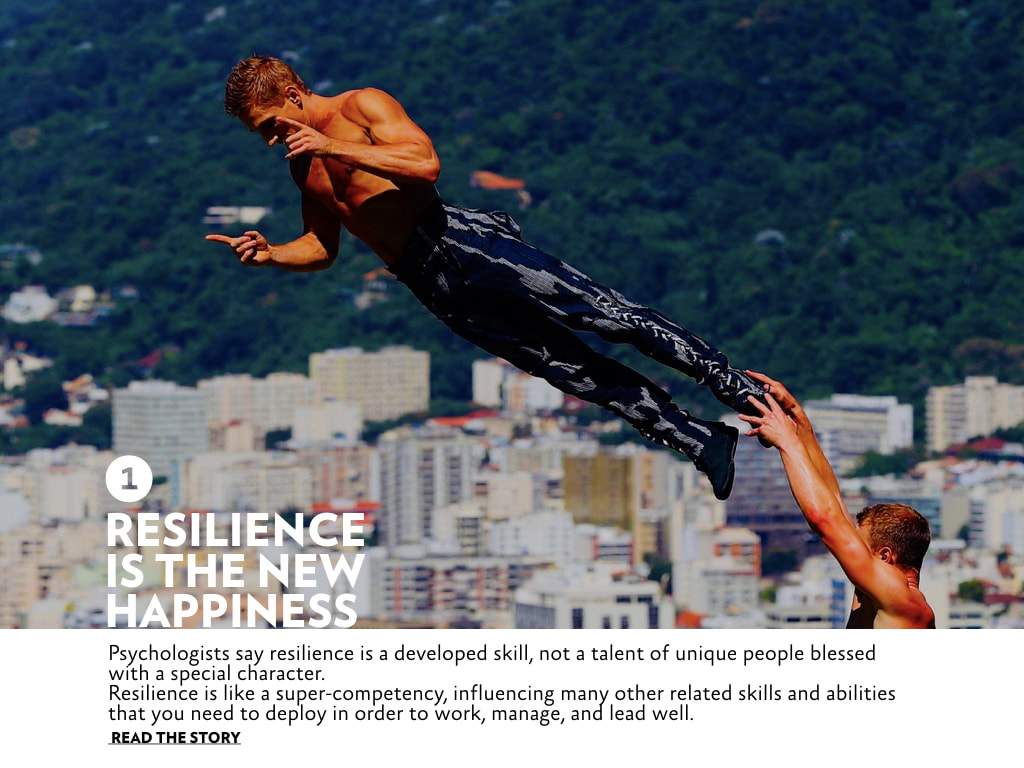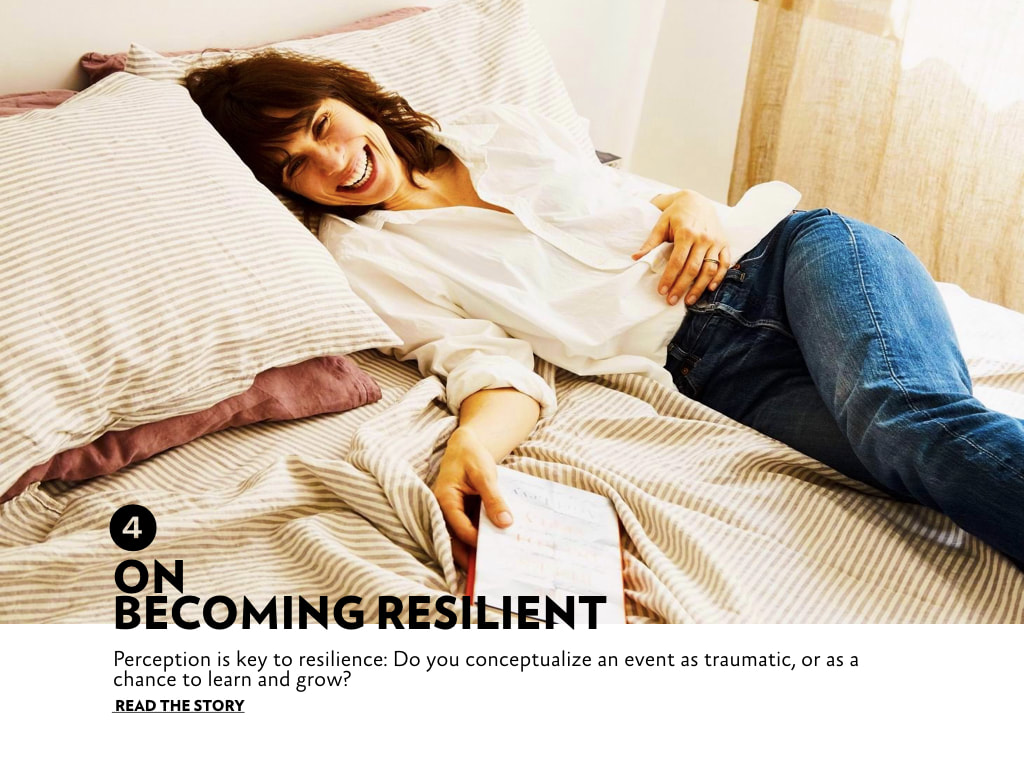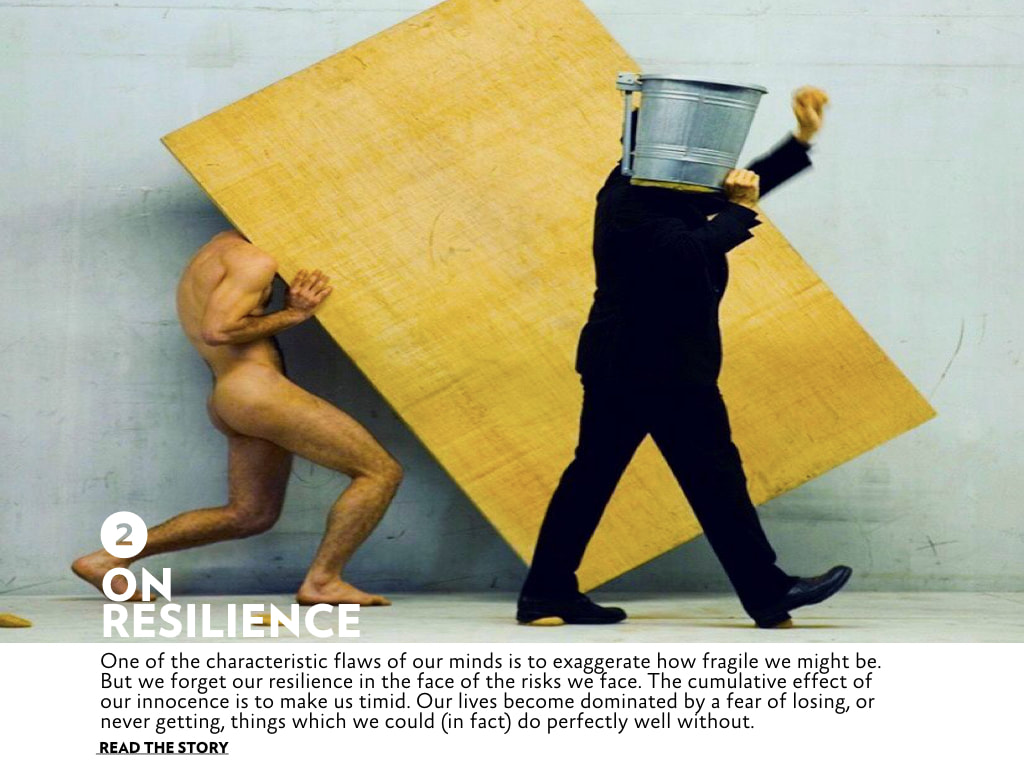LIBRARY | THE SELF
How to be resilient
Resilience is like a super coping mechanism. It protects against stress in any situation. 
Emotional resilience is partially inborn, but it can (and should) be learned and developed. If you’d like to be able to handle life’s challenges (both major and minor) with greater ease, to grow from adversity, and to turn potentially negative events into positive ones, the following steps can help you to become more resilient to stress.
Difficulty: Average Time Required: Ongoing Here's How:
Tips:
|






